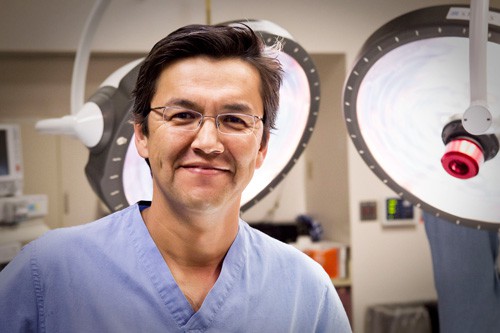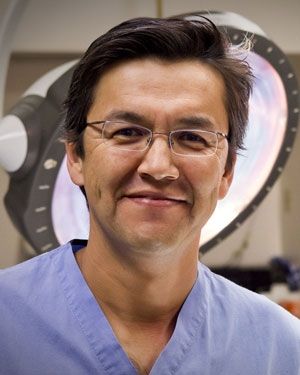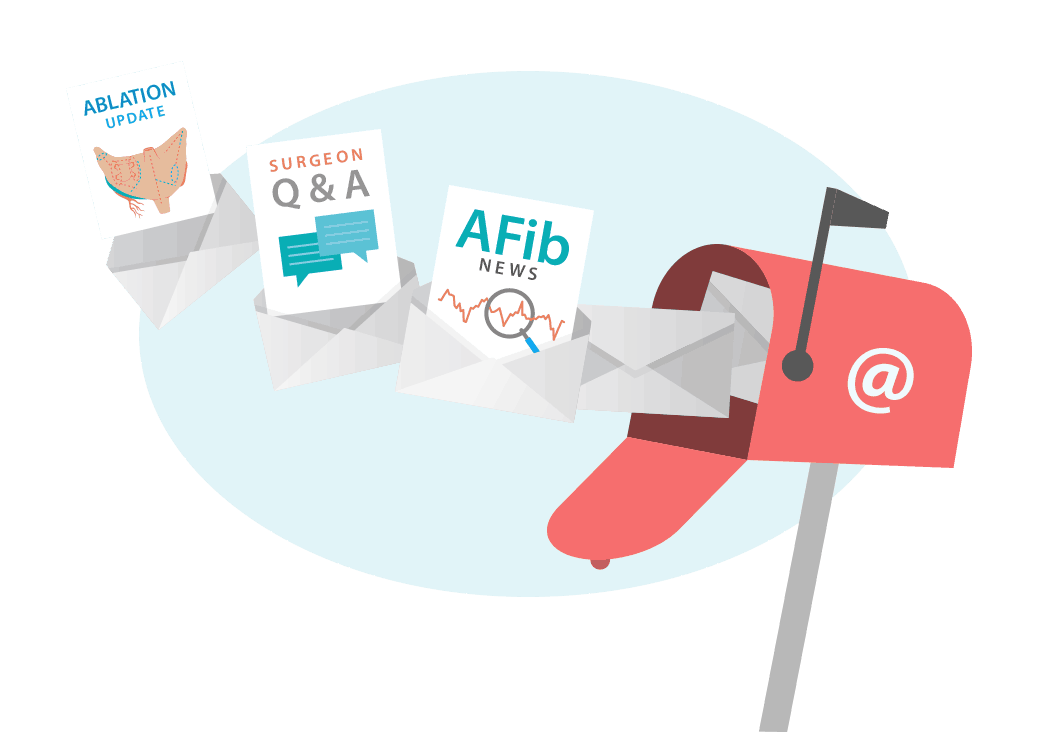With Dr. Luis Castro from Sequoia Hospital; June 10, 2019
Dr. Luis Castro is a leading mitral valve repair surgeon at Sequoia Hospital Heart & Vascular Institute in Redwood City, California, where he has been the Director of Cardiothoracic Surgery since 2007.

During the last 6 years, Dr. Castro has zero percent 30-day mortality for isolated mitral valve repair and replacement procedures. As a result of his outcomes and unique approach to patient care, Dr. Castro has received over 100 patient testimonials at HeartValveSurgery.com.
When it comes to atrial fibrillation, Dr. Castro has used surgical ablation therapies to treat AFib during concomitant heart valve and coronary artery bypass graft procedures. In this video, Dr. Castro shares the impact that the Maze procedure has had on his patients and surgical outcomes.
The key take-aways from Dr. Castro's comments in this video and his clinical experiences include:
- Atrial fibrillation is under-treated and under-diagnosed.
- Many patients are not aware of the symptoms associated with AFib.
- Surgeon collaboration with cardiologists is required to better diagnose AFib.
- Not treating AFib during heart valve or CABG operation is a "missed" opportunity.
- When a Maze procedure is added to a valve or CABG procedure, the impact can be significant and profound for the patient's quality of life.
Many thanks to Dr. Luis Castro for filming this video at The Society of Thoracic Surgeons meeting. We really appreciate Dr. Castro's patient-centric approach to cardiac care.
Video Transcript
For the hearing impaired members of the AFibSurgeons.org community, we have provided a written transcript of Dr. Castro's video below:
I think it’s under treated. I think it’s under diagnosed. It’s a fact that 10% of us as we reach the age of 80 will develop atrial fibrillation.
Many patients that I see for the first time that need a valve repair, a valve replacement, who need bypass surgery have no awareness that they’ve had atrial fibrillation until you start digging deeper. You ask them have you ever felt any palpitations? Have you ever had an irregularity in your pulse? They say I have. Then I go back to the cardiologist and say we need to monitor this patient before they have an operation because it’s a missed opportunity if you did not do a Maze procedure.This is an opportunity to help the patient in a different way by treating their atrial fibrillation.
I’m very fortunate to have a community of patients that I’ve operated on that I don’t just stop interacting with following the operation. We develop in many cases long-term relationships, wonderful relationships, and I get feedback from them. The worst case scenario when someone comes to me and they have atrial fibrillation and their heart function is impaired from an abnormal rhythm where their heart should be running on eight cylinders, as I like to say, and instead they’re running on two or three cylinders, when you add a Maze procedure to the valvular heart operation or bypass surgery, then you hear down the road from them personally that they’re back to running eight cylinders. They have no atrial fibrillation anymore, and they’re back to doing things that they were doing ten years prior. It’s worth it.
It’s worth it to me. It’s worth it to the patient. This is a privilege that I don’t take for granted.


